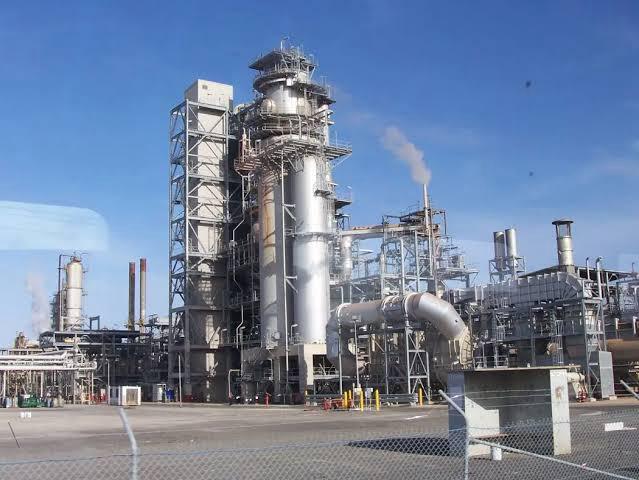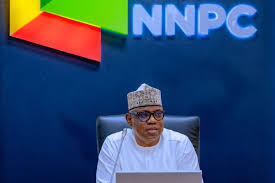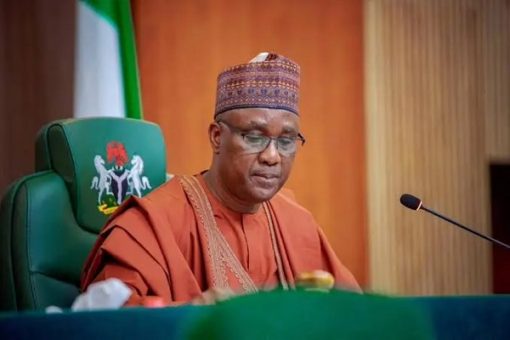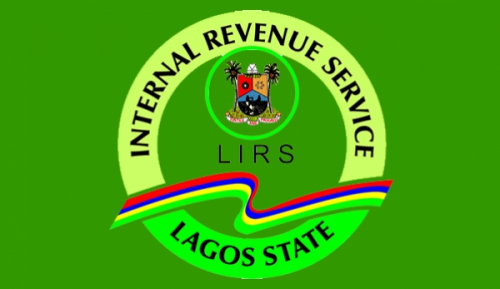Reps reject planned sale of refineries, launch probe into turnaround maintenance, crude access

The house of representatives has raised concerns over the federal government’s proposed sale of Nigeria’s refineries and vowed to uncover the circumstances surrounding the decision.
As a first step, the house committee on Petroleum Resources (Downstream) has begun investigating the massive investments in the Turn Around Maintenance (TAM) of the country’s major refineries, which have remained largely non-functional despite years of maintenance.
The committee also said it would probe the bottlenecks faced by local and modular refineries in accessing crude oil. It expressed shock that some Nigerian refiners have to travel as far as Switzerland to negotiate for crude supply meant to be sourced locally.
Speaking during a press briefing in Abuja on Wednesday, committee chairman Ikenga Ugochinyere Chinyere described the situation as deeply troubling, especially following the fanfare that accompanied the reported resumption of operations at the Port Harcourt and Warri refineries.
“It is disturbing that after the hype that greeted the return of the Port Harcourt and Warri refineries to production status, they had to shut down again,” Chinyere said.
He added that the House is determined to find out what went wrong, particularly because the TAM contract was awarded to a reputable company.
Before any discussion on whether the refineries should be sold or privatised, he said the house must get to the root of the matter.
The lawmaker disclosed that the committee has received multiple petitions concerning the petroleum sector, including challenges facing modular and local refineries in obtaining crude stock.
“We have also received several petitions from refinery owners, oil marketers, and retailers on the bottleneck they are having,” he said.
“They have complained about their huge investment, which is likely to be affected by certain policies, especially the allegation of Dangote Refinery’s planned takeover of petroleum products transportation/retailing.”
‘WE ARE NOT OUT TO PROTECT ANYBODY’
According to him, stakeholders fear their investments may suffer if the said policy is allowed to stand. Oil retailers, he said, have raised concerns about the potential takeover of their business, which has heightened tension across the sector.
Chinyere added that the committee would reopen an investigation into the acquisition of OVH and the complaints by NNPC Retail staff.
He noted that the House had previously rejected a report on the matter and has now ordered the committee to revisit it.
He also hinted that the House may propose amendments to the Petroleum Industry Act (PIA) to address emerging issues not currently covered by the law.
“The committee intends to put together all such areas of amendment for the approval of the House with a view to strengthening NMDPRA/downstream petroleum sector,” he said.
Chinyere further stated that the committee had resolved to dismiss a petition calling for the dissolution of the Nigerian Midstream and Downstream Petroleum Regulatory Authority (NMDPRA), noting that under the PIA, the power of appointment lies with the President.
“We cannot go back to the old order where every government fires people anyhow,” he said.
“We are not out to protect anybody. If anybody is found to have been engaged in corrupt activities, the law should be allowed to take its course.”
He revealed that the committee is also investigating the alleged abandonment of the Biomass Ethane project and various allegations surrounding the continued importation of fuel and the neglect of local refiners.
As part of its engagements, Chinyere announced the inaugural Downstream Petroleum Week, which will begin on October 2, 2025, stressing that the House will not permit any form of monopoly in the oil sector.
He assured that sub-committees set up by the committee will fast-track investigations into pending referrals and tackle new challenges affecting the downstream sector to make it more viable and sustainable.










